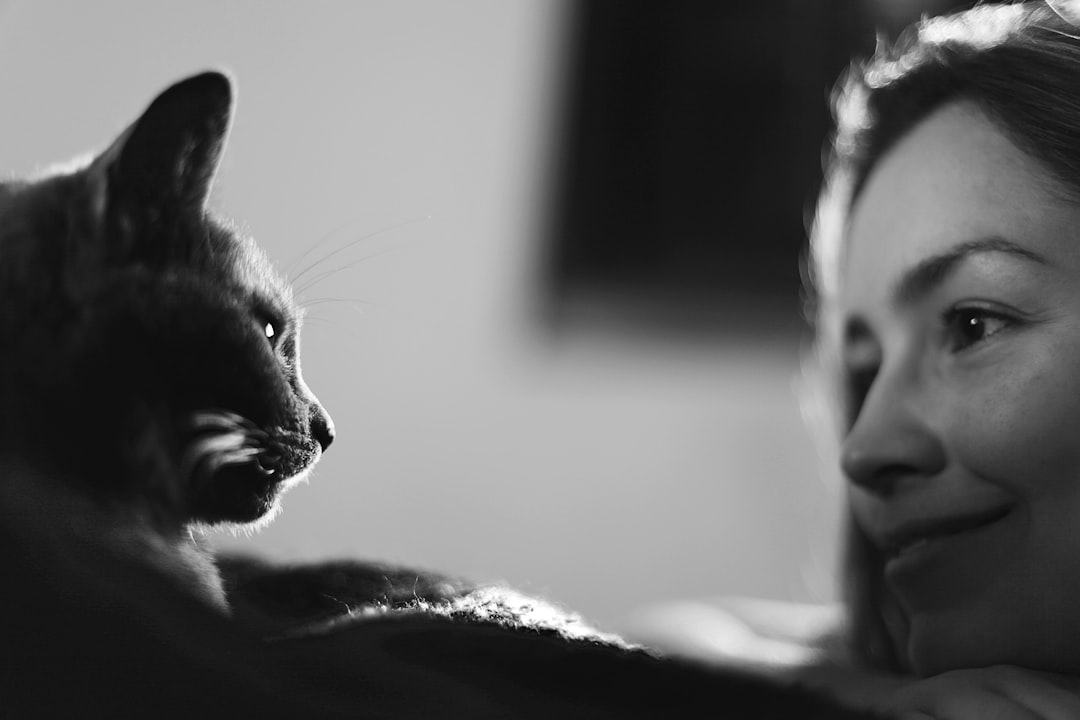Welcoming a new puppy into your home is an exciting and rewarding experience. However, it’s important to remember that with a new puppy comes the responsibility of training them to become a well-behaved and happy member of your family. Whether you’re a first-time dog owner or have had multiple dogs in the past, puppy training is always a crucial step in ensuring your furry friend grows up to be a well-adjusted and obedient companion.
In this blog post, we’ll cover some essential tips and tricks for new dog owners to help you navigate the world of puppy training with ease.
1. Start Early: The key to successful puppy training is to start as early as possible. Puppies are like sponges, eager to learn and please their owners. By beginning training when your puppy is young, you can establish good habits early on and prevent any bad behaviors from developing.
2. Be Consistent: Consistency is key when it comes to training your puppy. Make sure everyone in the household is on the same page when it comes to rules and commands. Consistently enforcing boundaries and commands will help your puppy learn what is expected of them and prevent confusion.
3. Use Positive Reinforcement: Positive reinforcement is a powerful tool in puppy training. Rewarding your puppy with treats, praise, and affection when they exhibit good behavior will encourage them to repeat that behavior in the future. Positive reinforcement is a much more effective and humane method of training than punishment or yelling.
4. Set Clear Boundaries: Establishing clear boundaries with your puppy is essential for their development. Whether it’s setting rules about where they can sleep, eat, or play, consistency is key. Make sure your puppy knows what is and isn’t allowed in your home to prevent any confusion.
5. Socialize Your Puppy: Socialization is a crucial aspect of puppy training. Exposing your puppy to new people, animals, and environments from a young age will help them become well-rounded and confident dogs. Socialization can prevent fear, aggression, and anxiety in adult dogs, so be sure to introduce your puppy to as many new experiences as possible.
6. Practice Regular Exercise: A tired puppy is a well-behaved puppy. Regular exercise is essential for burning off excess energy and preventing destructive behavior in your puppy. Make sure your puppy gets plenty of playtime, walks, and mental stimulation to keep them happy and healthy.
7. Be Patient: Training a puppy takes time, patience, and consistency. Remember that puppies are like children – they are still learning and growing. Be patient with your puppy and give them the time they need to understand and obey commands. Celebrate small victories and don’t get discouraged by setbacks.
8. Use a Crate: Crate training is a useful tool for housebreaking and teaching your puppy boundaries. A crate can provide a safe and comfortable space for your puppy to relax and sleep, as well as a place to retreat when they need some alone time. When done correctly, crate training can help prevent accidents in the house and keep your puppy safe when you’re not home.
9. Enroll in a Training Class: If you’re feeling overwhelmed or unsure about how to train your puppy, consider enrolling in a training class. Professional trainers can provide guidance, support, and personalized training plans to help you and your puppy succeed. Training classes also offer an opportunity for socialization and bonding with other puppies and owners.
10. Stay Positive: Training a puppy can be challenging at times, but it’s important to stay positive and focused on the end goal. Remember that your puppy is learning and growing every day, and with consistent training and patience, they will become the well-behaved companion you always dreamed of.
In conclusion, puppy training is an essential step in raising a well-behaved and happy dog. With consistency, patience, and positive reinforcement, you can help your puppy develop good habits and prevent any unwanted behaviors from developing. Remember to start early, set clear boundaries, socialize your puppy, and stay positive throughout the training process. By following these essential tips for new dog owners, you’ll set your puppy up for a lifetime of happiness and success.

